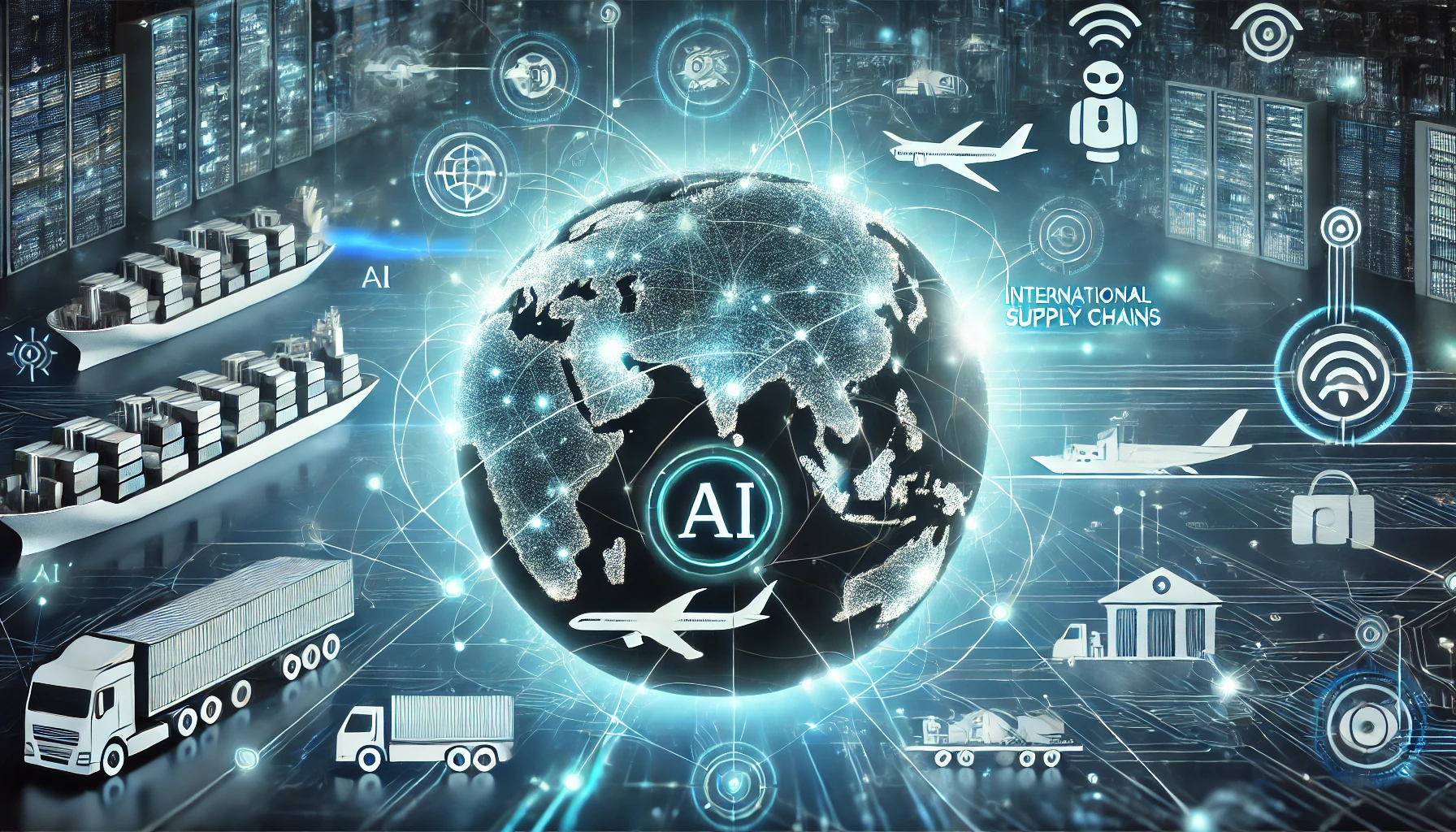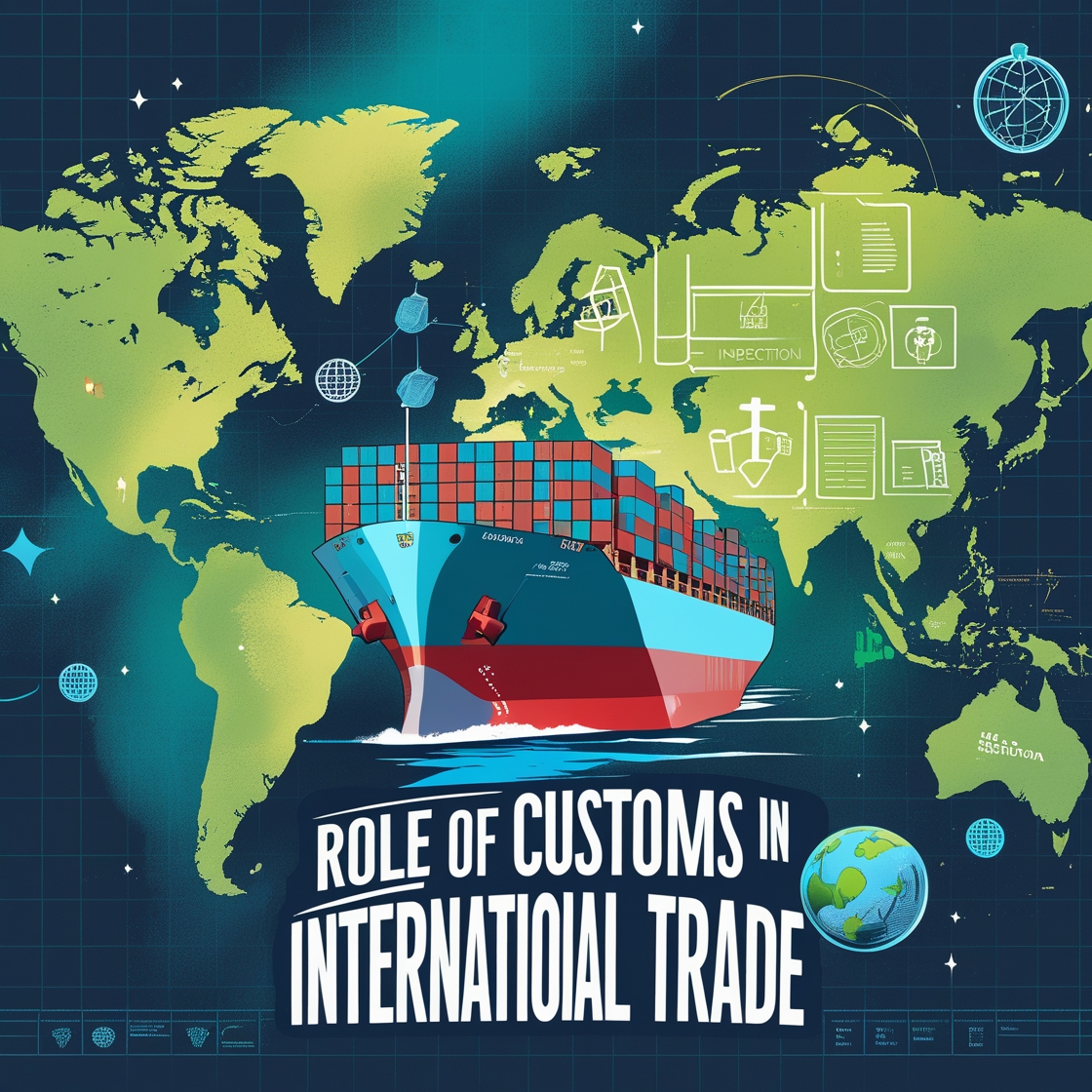It hasn’t been long since Artificial Intelligence has come into the scene. However industries have already deemed it to be the next step of the digital revolution. This is not without claims. AIs have increased efficiency in various sectors that have never been observed before. Now it’s either adopting AI or lagging behind in the race. International trade and supply chains are no exception to this rule. Businesses have already adopted AI in supply chains and they are implementing it at a fast rate. Efficiency, better response rate, and accuracy of prediction are some of the upsides of AI Impact on Supply Chains
Market Growth and Adoption
Supply chains consist of complex networks that connect service providers, shipping companies, customs, and end consumers. So various steps are involved in this process. AIs help with sorting out current issues present in the various stages. They can take in bulk data to generate more efficient routes that will reduce time and save cost. The benefits of AIs are obvious. The value of AI in the supply chain is set to reach almost $6.5 billion by 2025. The annual growth rate of AI in the supply chain will likely reach 42.7% from 2024 to 2033.
AI is a field that is continuously evolving. Different kinds of specialized AIs are being trained for specific sectors. Supply chains are also taking advantage of specialized AIs. Recent surveys showed that nearly 82% of supply chain businesses have adopted AI for quality control. This has lessened defects in products by almost 18%.
Lower Cost and Better Efficiency
AIs not only contribute to increasing efficiency but also to reducing costs. These AI systems can detect redundancies present in a model and eliminate them to free up clogs. AI offers data analysis and careful development of structure for businesses to make cost-effective decisions. Various businesses have reported that on average AIs have helped them reduce nearly 26% of their inventory. That is a substantial amount of cost savings.
Optimization of stock levels and prediction of demand through AIs make it easier for businesses to save expenses. Businesses that implement AI solutions have been able to achieve almost 35% more efficiency in providing services. 42% of companies in the retail sector have adopted AI for their supply chain management. Thus they can provide better services to the consumers and meet their demands.
Data Analysis and Demand Forecast
As more people take to the internet more information is available online. These information and datasets are very important in optimizing user experience and products. Gathering these vast amounts of data through crawling the internet is a difficult task let alone analyzing them. Analyzing these vast amounts of data would be very time-consuming. But with the help of it has become simpler.
Many AIs have been trained to interpret various types of data to forecast future demands for businesses. AIs can create models based on previous fluctuations that will predict future ups and downs. Businesses will be able to slow down their output or increase it according to the model. Businesses that use AIs for predictive analysis have been able to reduce forecast error by nearly 50%.
Risk Management and Resilience
In the last 5 years, the world has faced too many major setbacks one after another. Supply chains were badly affected by events such as Covid-19 and the war in Ukraine. At some points, the supply chain almost broke down. This increased the shipping cost by nearly twice as much as before. So resilience and risk management are the utmost priority now in supply chains.
Reports in recent times found that almost 87% of executives who are in supply chain management want to increase the resilience of the supply chain in the next two years. This is mainly to tackle the growing disruptions. More than 59% of these businesses want to implement digital technologies such as AI Impact on Supply Chains.
AI has started to shape the future of the supply chain. Even if it’s still early days AI already offers efficiency, resilience, and cost reduction. This technology will grow in the industry as time passes. Businesses should collaborate with each other to maximize the utility of this new technology to improve the overall condition of the supply chain.


